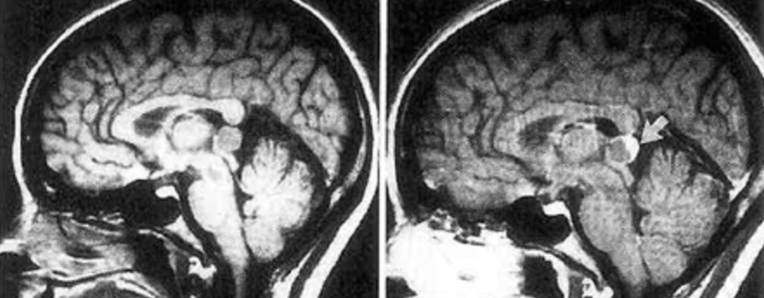Photo Credit: Z_wei
The AACR recently joined a growing coalition of medical associations, colleges, and universities in issuing statements opposing proposed NIH funding cuts.
The American Association for Cancer Research (AACR) issued a statement and call to action on February 18, 2025, raising concerns about current and potential Trump Administration actions impacting the National Institutes of Health (NIH) and calling on Congress to “restore stability” to the agency, ensuring continued progress in cancer research and treatment of other diseases.¹ The AACR statement echoed similar NIH funding cut concerns raised by the ALS Association in its statement issued February 12, 2025.²
NIH Legacy Under Threat
The AACR statement underscored the NIH’s long-standing contributions to medical research and warned that proposed funding cuts could have significant adverse impacts far beyond the negative effects of recent NIH-related Administration actions. Key points included:
- NIH role and record: The NIH has been a cornerstone of medical research, driving groundbreaking treatments and improving patient survival. NIH funding has contributed to major cancer survival improvements, including a 34% drop in cancer death rates over 30 years.
- Recent disruptions: Abrupt dismissals of NIH scientists, proposed funding cuts, and restrictions on NIH partnerships are jeopardizing medical progress.
- Impact on cancer research: Advances in precision medicine, immunotherapy, and early detection could be delayed, affecting patient outcomes.
- Threat to clinical trials: NIH-funded clinical trials, including life-saving therapies, may be halted, limiting patient access to new treatments.
- Effect on National Cancer Institute (NCI) cancer centers: The 72 NCI-designated centers that coordinate research and care are at risk, impacting cancer prevention and treatment.
- Current research challenges: Cancer centers are struggling to fund discovery projects, with some clinical trial programs now on hold.
- Economic consequences: NIH funding generated $92.89 billion in economic activity last year and supported over 412,000 jobs. Decreased funding would translate to decreased economic activity and increased unemployment.
- Global Competitiveness: Reduced NIH funding risks ceding US biomedical leadership to other nations more willing to invest in medical research.
Call to Action
The AACR called on Congress to restore the stability of the NIH by urging the Administration to abandon executive orders and proposals that could harm the agency, and requested bipartisan support to ensure the NIH is adequately resourced. Additionally, the AACR urged Americans to “make their voices heard in support of NIH’s lifesaving medical research” by contacting their respective members of Congress through the AACR Legislative Action Center.
ALS Association Warns of Devastating Impact
Prior to the AACR statement, the ALS Association issued a February 12, 2025 statement expressing deep concern regarding proposed NIH funding cuts “that will devastate the fight against ALS” and noting that the cuts “threaten critical research efforts that could turn ALS from fatal to livable and cure it.”² The ALS Association went on to state that, in addition to proposed NIH funding cuts, potential cuts to the Centers for Disease Control and Prevention, the Department of Veterans Affairs, the Department of Defense, and the Centers for Medicare & Medicaid Services would “further erode ALS research and essential programs that people living with ALS rely on every day.”
A Growing Chorus of Concern
Additional medical associations recently issuing statements opposing planned NIH funding cuts include the American Diabetes Association, the Leukemia & Lymphoma Society, the Muscular Dystrophy Association, the Infectious Diseases Society of America, the American Epilepsy Society, the American Society of Human Genetics, the American Society for Biochemistry and Molecular Biology, the Society for Neuroscience, the American Society of Gene and Cell Therapy, the Hydrocephalus Association, the Society of Thoracic Surgeons, Breakthrough T1D, the Federation of American Societies for Experimental Biology, the American Physiological Society, the Association of Schools and Programs of Public Health, America’s Essential Hospitals, the Association of American Medical Colleges, the American Dental Education Association, the Federation of Associations of Schools of the Health Professions, Research!America, the Association of University Research Parks, and Ohio Life Sciences.
Medical associations have joined a rapidly expanding list of medical schools and colleges issuing statements expressing similar concerns about the proposed NIH funding cuts.




















Create Post
Twitter/X Preview
Logout